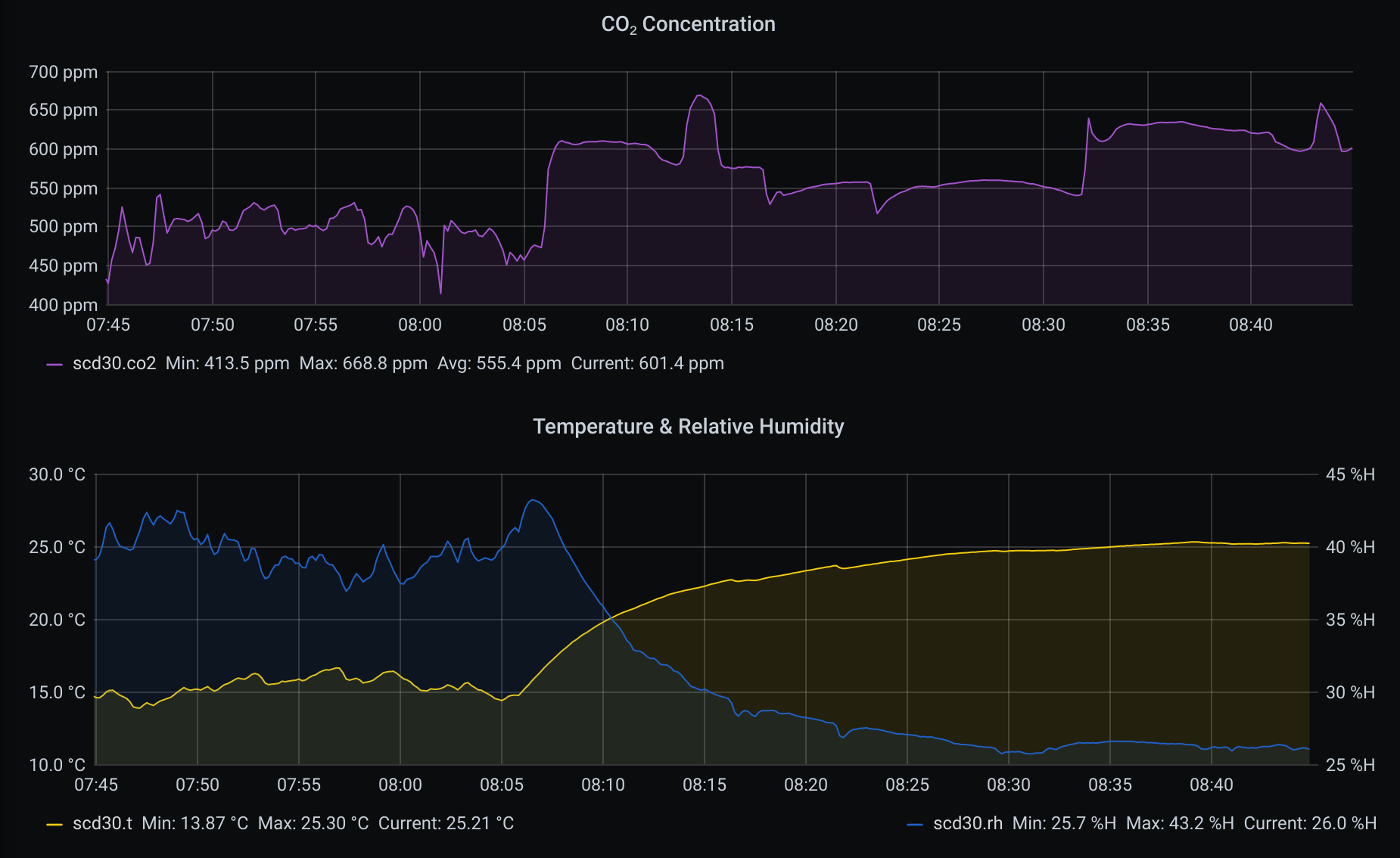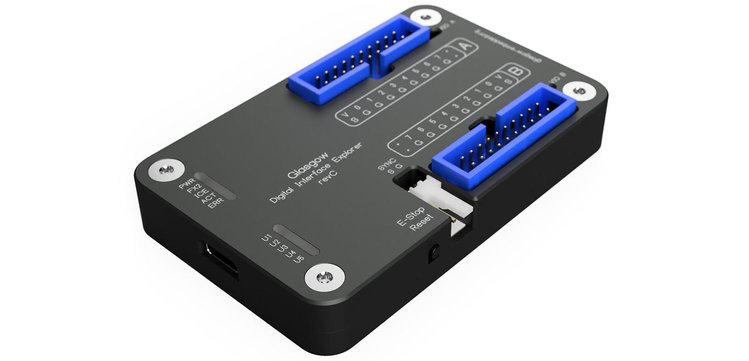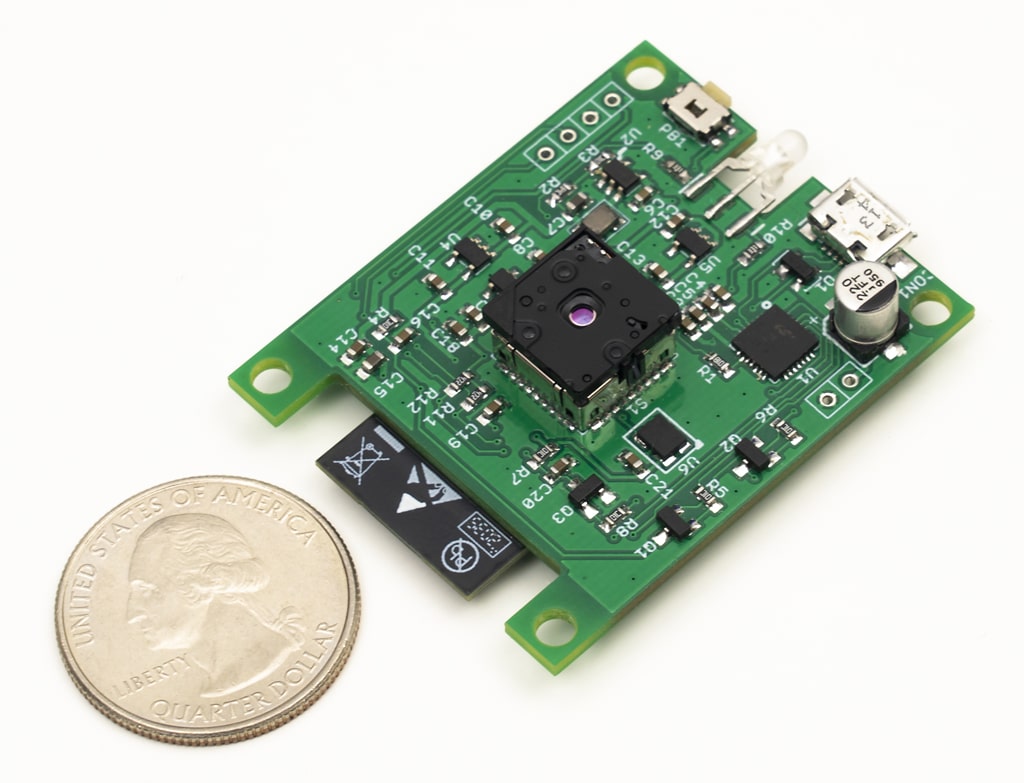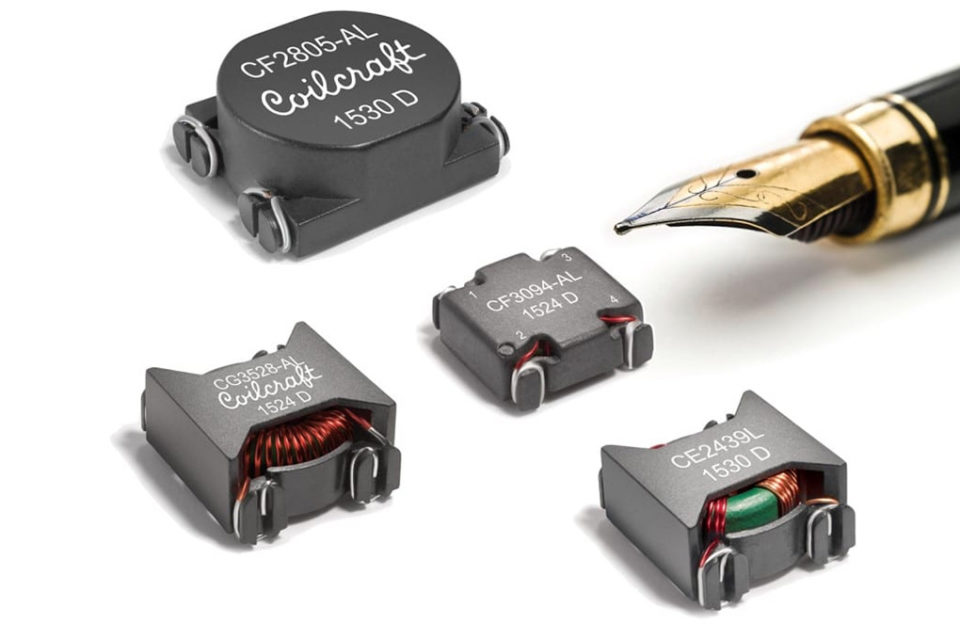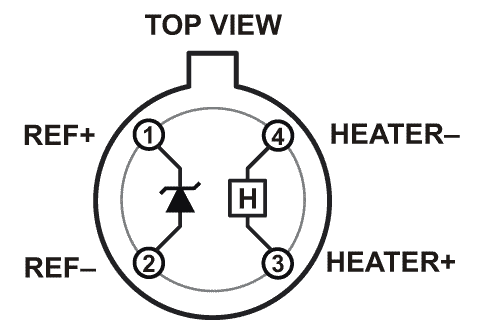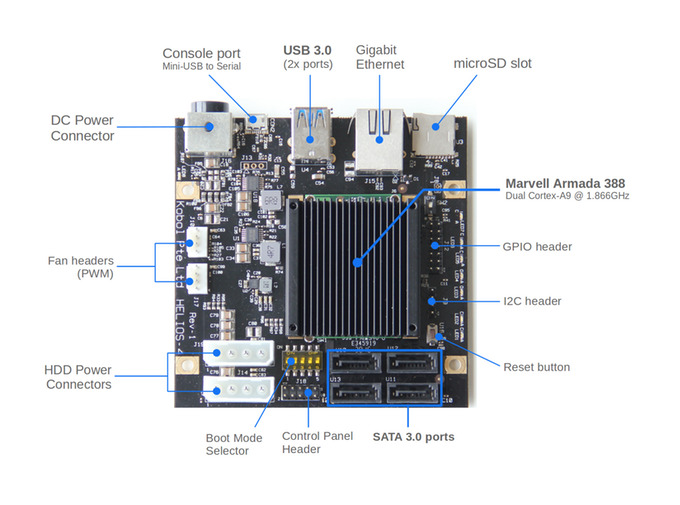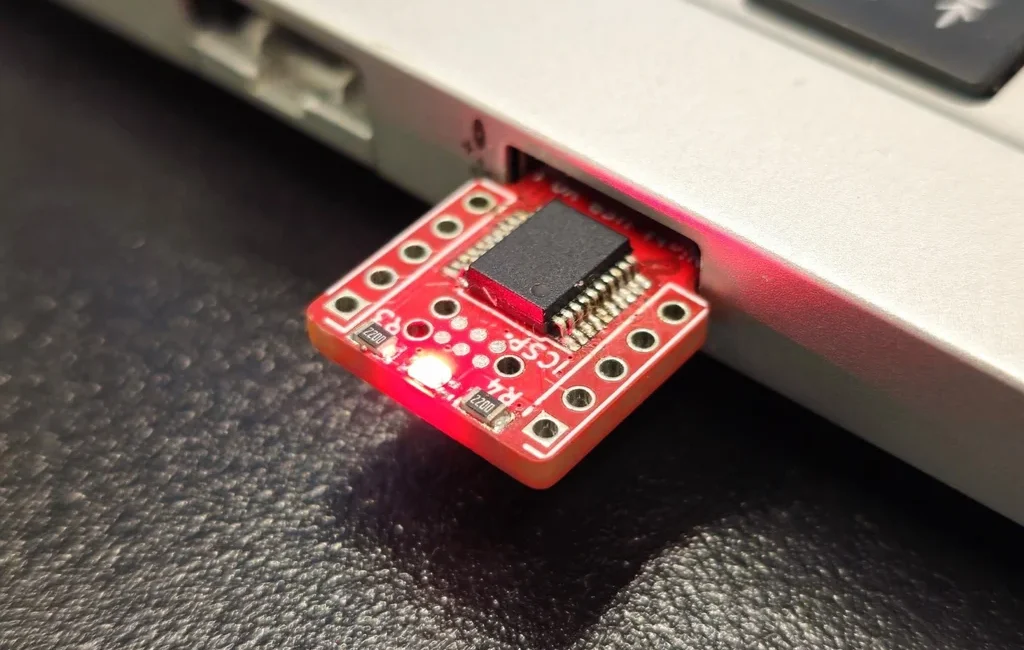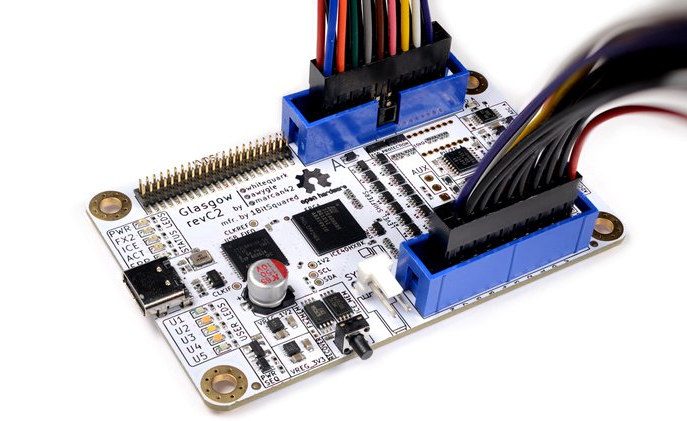
Glasgow Interface Explorer is a Hardware Debugging Tool for Digital Electronics
1BitSquared has launched a crowdfunding campaign for a highly capable and extremely flexible open source multi-tool called Glasgow Interface Explorer.
Glasgow Interface Explorer for digital electronics is powered by Lattice Semi iCE40 FPGA and created for hardware developers, electronics hobbyists, engineers, tinkerers, and
“anyone else who wants to communicate with a wide selection of digital devices with minimum hassle.”
The board aims to offer a broad selection of capabilities with more than “some wires and, depending on the device under test, external power.” You can attach it to devices without any need for extra active or passive components.
Some of its Key Features and Specifications include:
- iCE40HX8K Lattice Semiconductor FPGA
- 1x USB-C port connected to FX2 high-speed USB interface; 480 Mbps throughput
- 2x 8-channel GPIO banks, each with:
- A dedicated programmable linear voltage regulator, configurable from 1.8 – 5V with up to 150 mA of power
- A dedicated sense ADC capable of monitoring the GPIO bank voltage and current, with interrupt trigger thresholds that can be set
- 16 highly flexible GPIOs, each with:
- A peak frequency of 100MHz
- A dedicated level shifter with individual direction control, and,
- An independent, software-controlled 10K Ohm resistor Pull-Up/-Down resistor
- ESD protection diodes for all GPIOs
- Set of 14x differential pair I/O, connected directly to the FPGA (optional); can be used for high speed interfaces
- Up to 5x User-controlled LEDs
- Up to 5x Status LEDs, and,
- 1x Dedicated SYNC connector
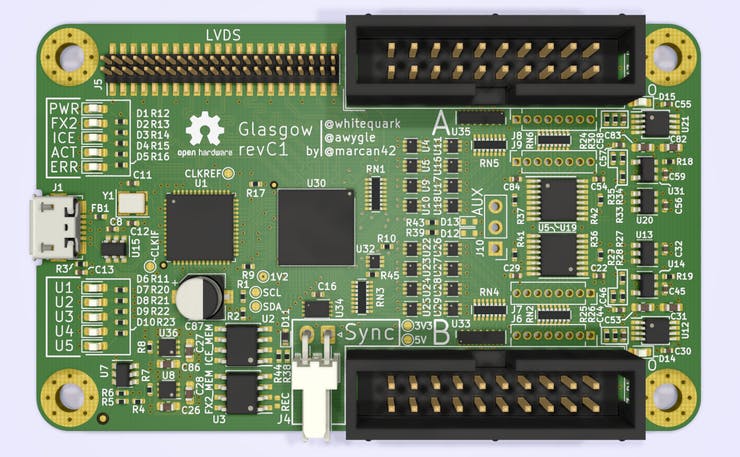
The software is fully in Python 3, including the FPGA logic, which is described with a Python-based domain-specific language.
“The Glasgow software is a set of building blocks designed to eliminate incidental complexity. Each interface is packaged into a self-contained applet that can be used directly from the command line or integrated into a more complex system. Using Glasgow does not require any programming knowledge, though it is much more powerful if you know a bit of Python.”
says 1BitSquared.
Glasgow is highly flexible since it is based on an FPGA, and can do a number of things like:
- Communicate via UART with automatic detection of the baud rate required
- Initiate SPI and I2C transactions
- Read and write to and from 24-series electrically erasable programmable read-only memories (EEPROMs)
- Read and write 25-series flash memories
- Read and write any ONFI-compatible flash
- Program and verify AVR microcontrollers over SPI
- Play back JTAG SVF files
- Debug ARC processors over JTAG
- Debug a subset of MIPS processors via EJATG
- Program and verify XC9500XL CPLDs
- Determine unknown JTAG pinouts automatically
- Read raw modulated data from 3.5″ and 5.25″ floppy drives
The board is currently available through a crowdfunding campaign that was launched recently on Crowd Supply with a USD 25,000 funding goal. The campaign has so far raised more than USD 154,000 with over 850 backers and it will still be on for the next one month. You can get the latest RevC revision of the board with a full set of flywire, sync, and USB-C cables for $139 and another package with an optional CNC-milled and anodized aluminum case for $189.
The project is also entirely open source, and all hardware design files, firmware, software and documentation are available on Github.
Further details can also be found on the project’s page on crowd supply.





